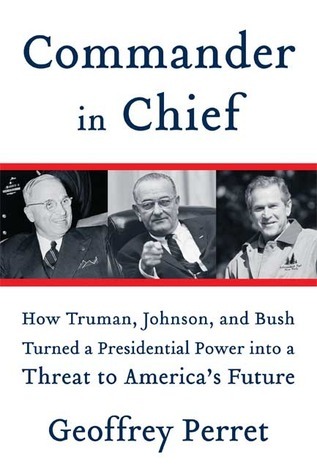"The results of the Third Front are to be seen now in every town and city across the broad republic. Take a typical Saturday for the Jones family of Anytown, U.S.A. They set off early for their nearest IKEA, in a city eighty miles away. When they finally reach the store, they buy Bleppo lamps for their teenage daughter's bedroom, a Sorprid computer table for Mr. Jones's home office, a Kragskadik bunk bed for their twin sons aged nine, and a set of fashionable glass plates that look as if they are melting. Mrs. Jones can hardly wait to use them, anticipating praise from the design-conscious friends she is thinking of having for dinner. Everything that she and Mr. Jones have bought has a small sticker on it that reads MADE IN CHINA.
They stop at Sears on the way home to buy some "Made in China" underwear for the twins and a weed whacker for Mr. Jones. It too was made in China. And when they finally get home, Mr. Jones has his first chance of the day to read the newspaper. 'Gee, Marge,' he says, looking up, 'it says here the Chinese are going to start making automobiles for export to the U.S. Do you think we should get our names down for one? You just know there's going to be a feeding frenzy from the get-go.' Vietnam was only one triumph of Mao's Third Front. The other is the conquest of American homes, businesses, and T-bills."
This is not Perret's best work. It is certainly not up to the level of his MacArthur biography. The first three-quarters is mainly a rehash of his earlier, biographical material. The last quarter -- dealing with George W. Bush and Iraq -- while true, is often near hysteria. It is more emotional than scholarly. There really is no overarching theme, as the title suggests.

